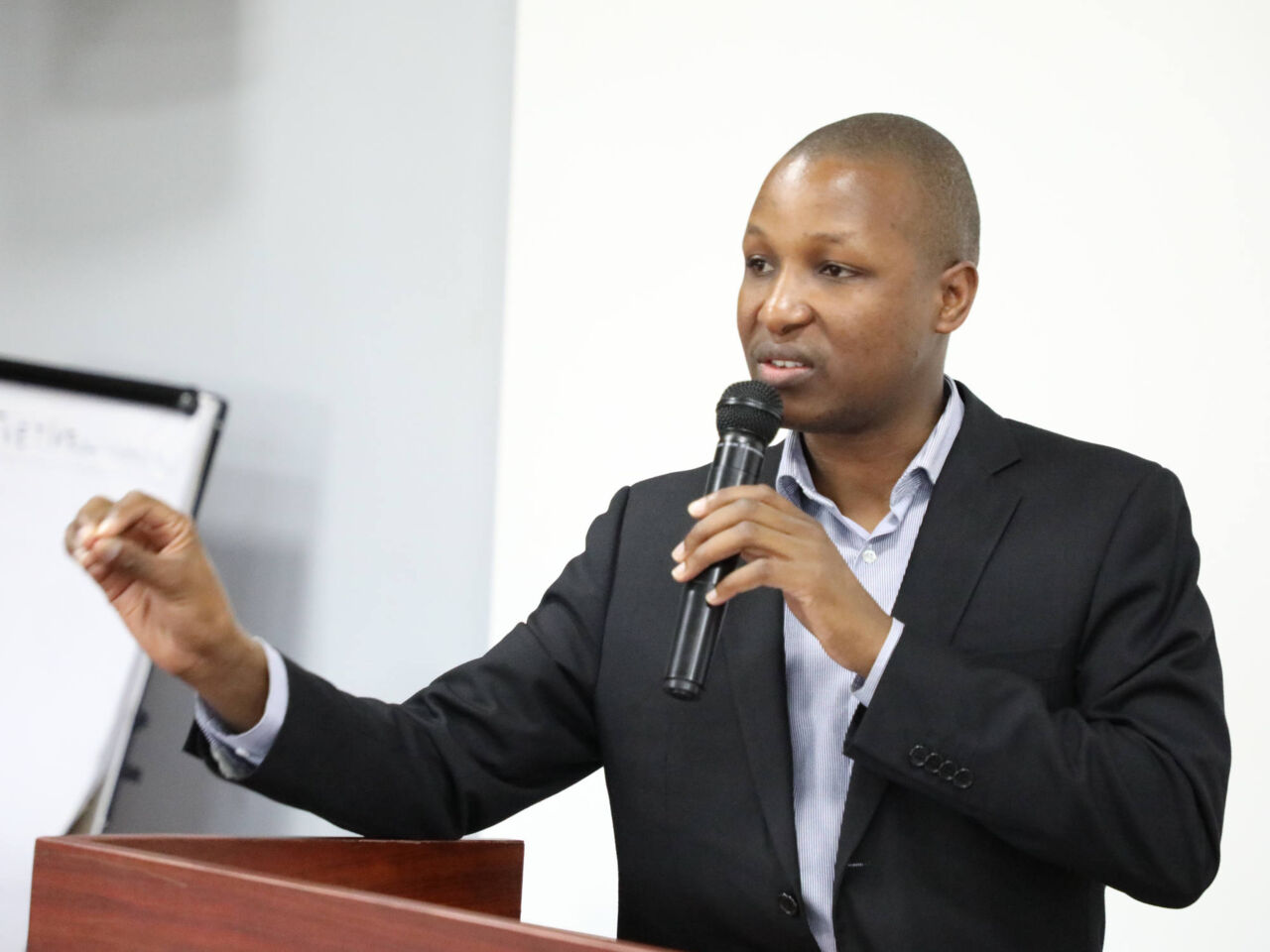26 October 2021
Self-assessment tools for effective apprenticeship systems
We talk to Peter Monari Joseph, Worlddidac Ambassador for Africa, who will put European Commission, British Council and ILO’s tools to test at the practical level at WorldSkills Conference 2021.

Robust apprenticeship systems are underpinned by collective and proactive efforts by all stakeholders, including employers, training providers, unions, and government. Multi-level governance, accompanied with effective coordination and sustainable financing, are key factors.
What makes apprenticeships and coalitions successful on a national level? The second session in the track ‘The future of apprenticeship systems’ will review existing national alliances, coalitions, and networks and their roles in ensuring quality work-based-learning.
With a panel composed of representatives from government agencies, the Global Apprenticeship Network, the ILO, the European Commission, as well as youth, ‘Alliances for effective apprenticeships’ will lay out innovative solutions for organizations to help build confidence in apprenticeships systems and convince enterprises and communities to participate.
Taking place on 28 October 2021, this session will be followed by a showcase of the available tools to help policymakers and practitioners evaluate their systems and create more effective apprenticeship programs: the European Commission’s Selfie-Tool for work-based digital learning, the British Council’s Benchmarking Tool, and the ILO’s Toolbox for Apprenticeship.
Peter Monari Joseph, Worlddidac Ambassador for Africa and Technical Delegate for WorldSkills Kenya, will then bring the tools to a practical level and assess how they can be used to create a responsive VET system.
We talked to Peter ahead of the session to find out more about the stage of development of apprenticeship systems in Kenya.
Can you give us an overview of apprenticeship systems in the country?
Due to the recent passing of the TVET Act in the national parliament in 2013, there are currently several reforms that are being done within the country. We are in the process of getting the government structures for apprenticeship because there are many stakeholders agencies that oversee implementation. We have the Kenya National Qualification Council, the Technical Training Institution in charge of policymaking, managing the institution and trainer certifications, and the CDACC, another body for curriculum development. At the end of the chain, you will find that development partners that fund the implementation and bring to the table their own strategies. Also, one of the key agendas of reforms of the VET in Kenya is to fully involve the industry through public-private partnerships.
How did the pandemic affect apprenticeship systems in Kenya?
When the pandemic struck in the country, apprenticeship systems were really affected because most of the funding institutions and funding agencies, even governments services were strained in terms of funding. And even industry, which is the main stakeholder for the apprenticeship system, withdrew funding and support to various young people. Everything was at a standstill because the private sector, specifically for Kenya, withdrew because the economy was not doing well. Now, as the pandemic is more controlled, we are seeing the private sector having more partnerships in terms of the apprenticeship systems and ensuring they are working properly by assisting technical training institutions to develop the right implementation and governance systems.
How can we ensure the widespread use of self-assessment tools?
To be able to increase the use of the resources, we need to involve the private sector to a certain level in terms of the development of these tools. They are developed by funding agencies and institutions, but often the private sector is not fully involved. The private sector should be met during the development and involved in implementation, because at the end of the day, industry is one of the key stakeholders in technical education development.
To find out more about these sessions and to register for WorldSkills Conference 2021, visit worldskillsconference.com